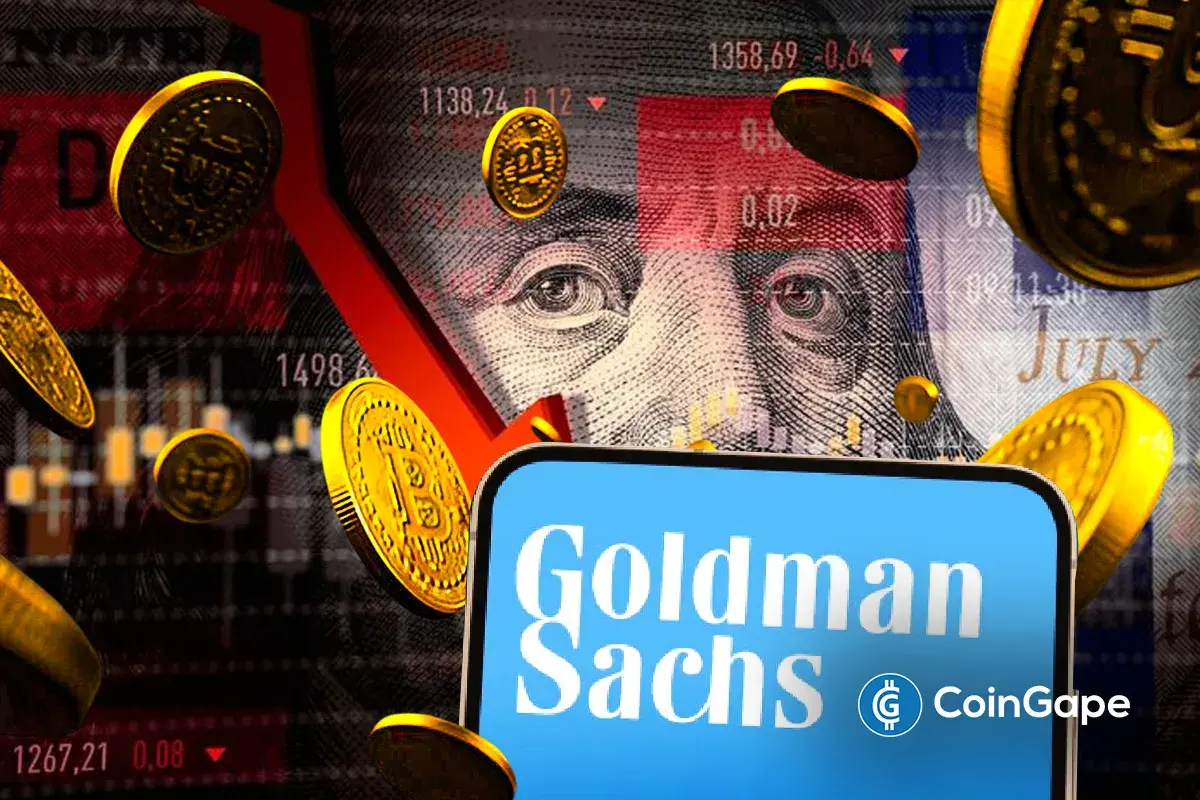Legal Expert Reveals The Best Way For Ripple To Defeat The US SEC

Highlights
- Attorney Fred Rispoli emphasizes that the Ripple appeal will primarily involve written arguments and filings, rather than new evidence or trials.
- Rispoli expects amicus briefs to play a significant role in shaping the judges' opinions.
- Rispoli predicts that SEC Chair Gary Gensler will likely leave his position.
The SEC vs. Ripple Labs fight is getting more heated and attorney Fred Rispoli said one of the possible outcomes of this saga could be Ripple winning. However, now the SEC wants to extend the time of filing its principal brief until January 15, 2025.
Most recently, an attorney Fred Rispoli explained, “The SEC often seeks continuances not only because it wants to delay things but because it can be very stretched thin by all the cases it has pending.”
Rispoli: Ripple Appeal Hinges on Paperwork, Not Trial
Appearing as a guest on the ‘Good Morning Crypto Show’, Attorney Fred Rispoli clarified that appeals are essentially a matter of paperwork without new trials or evidence. Each side files three core documents: the opening brief, an opposition brief, and a reply brief.
In this case, the appeal includes the SEC’s and Ripple’s cross-appeal. After these filings, the court will schedule oral arguments. This shoud allow each side to present their case before a panel of three judges.
The SEC has also filed a request for a deadline for its principal brief in its appeal case against Ripple.
Fred Rispoli stated that the SEC’s request for an extension aligns with his projected timeline for the appeal. He expects oral arguments, likely in September or October 2025, to provide early clues on the judges’ stance. These first impressions could hint at the final outcome of the case.
These dates could shift further, though, if more extensions are allowed, something that usually happens within the Ninth Circuit.
Amicus Briefs Taking Center Stage in Crypto Cases
Amicus briefs, said Rispoli, will play an essential role in the appeal. The filing by third parties may bring new insights that could affect the case. He said the appellate judges should take those seriously, especially because they’re more likely to be more numerous and impactful than at the district court level.
An amicus brief – a “friend of the court” brief – is filed by third parties not directly being part of the case. It is to provide policy insights or additional context for specific arguments. Quite often, this shapes high-stakes decisions. An amicus brief is quite common in Supreme Court cases. Most trial and federal appellate cases do not involve amicus briefs.
However, crypto litigation has bucked that trend. Just for comparison, there were 14 amicus briefs in the case by Ripple, six in Coinbase’s case, and, in Grayscale’s case, eight entities filed briefs.
Could Gensler’s Departure Change the Fate of Crypto?
Rispoli, a vocal critic of SEC Chair Gary Gensler, also recently suggested that a change in leadership could significantly impact crypto regulation. He speculated that Gensler is “almost assuredly” on his way out, regardless of the 2024 election’s outcome, making the choice of his successor pivotal for the industry’s future.
When asked if new legislation could render the SEC’s appeal moot, Rispoli explained that a clearly defined law would likely have that effect.
If Congress passes crypto legislation by year’s end, effective from January 1, 2025, Ripple’s legal team would file a notice of supplemental authority with the Second Circuit, arguing the new law’s relevance to their case.
Play 10,000+ Casino Games at BC Game with Ease
- Instant Deposits And Withdrawals
- Crypto Casino And Sports Betting
- Exclusive Bonuses And Rewards

- Goldman Sachs CEO Predicts ‘Weeks’ of Crypto Market Crash as U.S Iran War Continues
- Polymarket Axes ‘Nuclear Detonation’ Prediction Market Amid Public Fury
- Indiana Signs Bitcoin Bill Into Law Allowing Crypto in Retirement Plans
- ‘Time to Act Is Now’: CFTC Chief Pushes Swift Passage of CLARITY Act
- Trump Tells Congress to Pass Crypto Market Bill ‘ASAP,’ Blasts Banks for Stalling
- Bitcoin Price At Risk? Professor Who Predicted US-Iran War Says America Could Lose
- Gold Price Prediction March 2026: Rally, Crash, or Record Highs?
- RIOT Stock Prediction as Needham, Piper Sandler Slash Target After Earnings
- Cardano Price Outlook As Charles Hoskinson Warns Over CLARITY Act
- Circle Stock Price Climbs 15% to $96, Can Rally Continue in March 2026?
- Bitcoin Price Prediction as US-Iran War Enters 4th Consecutive Day

 Buy $GGs
Buy $GGs

















